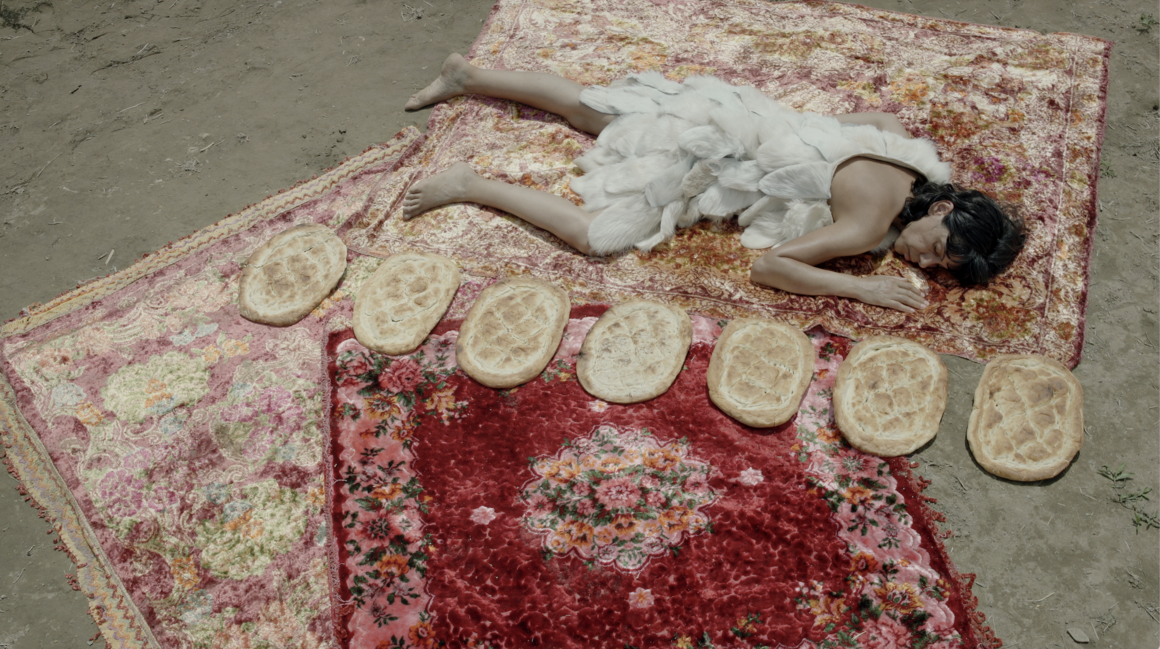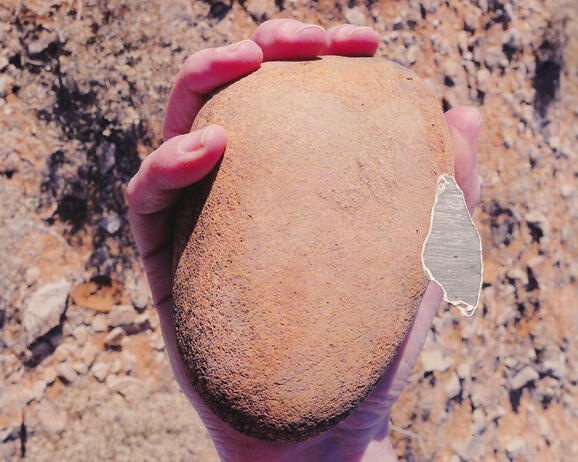Pelin Tan, Anton Vidokle
Notes on Gilgamesh: She Who Saw the Deep

© Anton Vidokle & Pelin Tan
Pelin Tan and Anton Vidokle will speak about the research they conducted during the making of the experimental film Gilgamesh: She Who Saw the Deep (2022) currently on display in the exhibition pre-architectures at CIVA. The Epic of Gilgamesh is the oldest known literary work in the world. Written in Mesopotamia more than five thousand years ago, it describes the journey of Gilgamesh, the ruler of one of the first historical metropolises, Uruk. Following the death of Gilgamesh’s best friend Enkidu, Gilgamesh embarks on a quest for immortality to avoid the same fate. Filmed on the banks of the Tigris River near the ancient cities of Mardin, Hasankeyf, and Dara, Anton Vidokle and Pelin Tan’s Gilgamesh: She Who Saw the Deep retells the story of Gilgamesh as a journey through time and space inspired by Sumerian cosmology and the philosophy of cosmism. Featuring an all-woman cast of actors from the Amed Theater in Diyarbakır and accompanied by an original score by Alva Noto, Gilgamesh is a meditation on questions of living, death, friendship, love, and immortality.
BOOK HERE
Pelin Tan is a sociologist and art historian. She is a Beirut Orient Institute Roemer Fellow and Prof. at Batman University, Türkiye. Tan is the 6th recipient of Keith Haring Art & Activism (2019).
Anton Vidokle is an artist and an editor of e-flux Journal.
